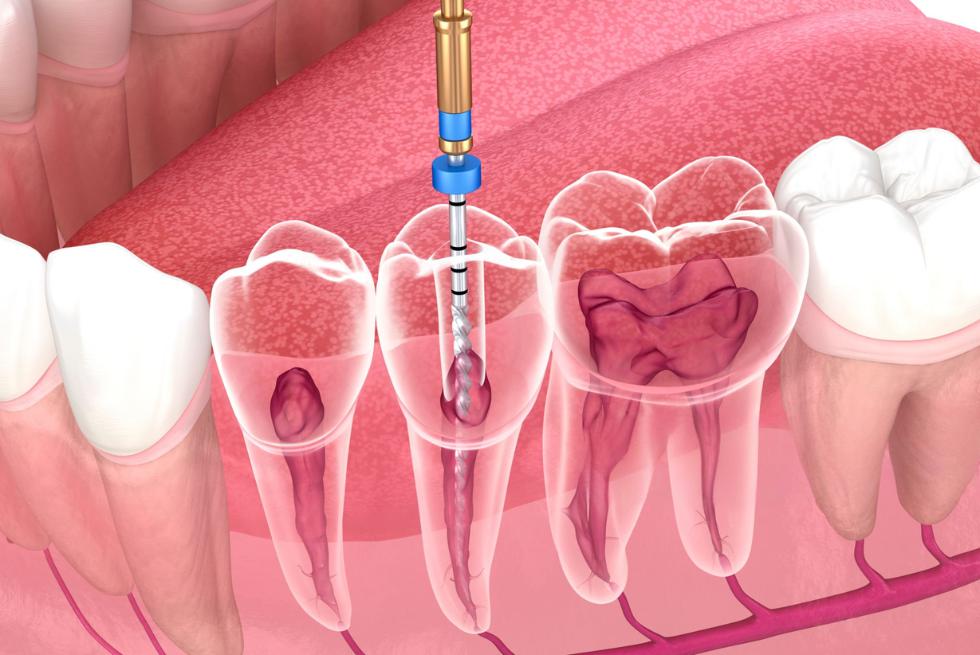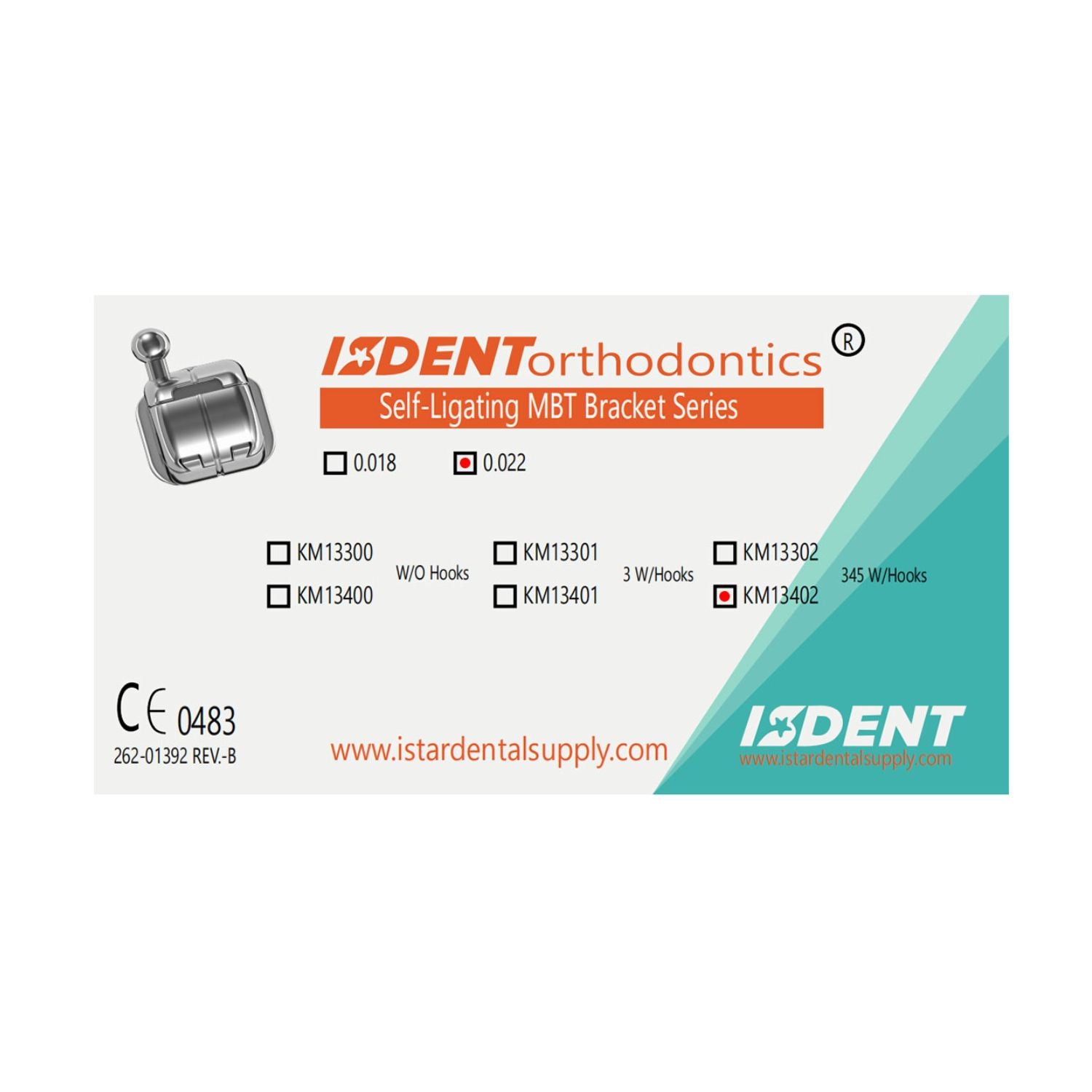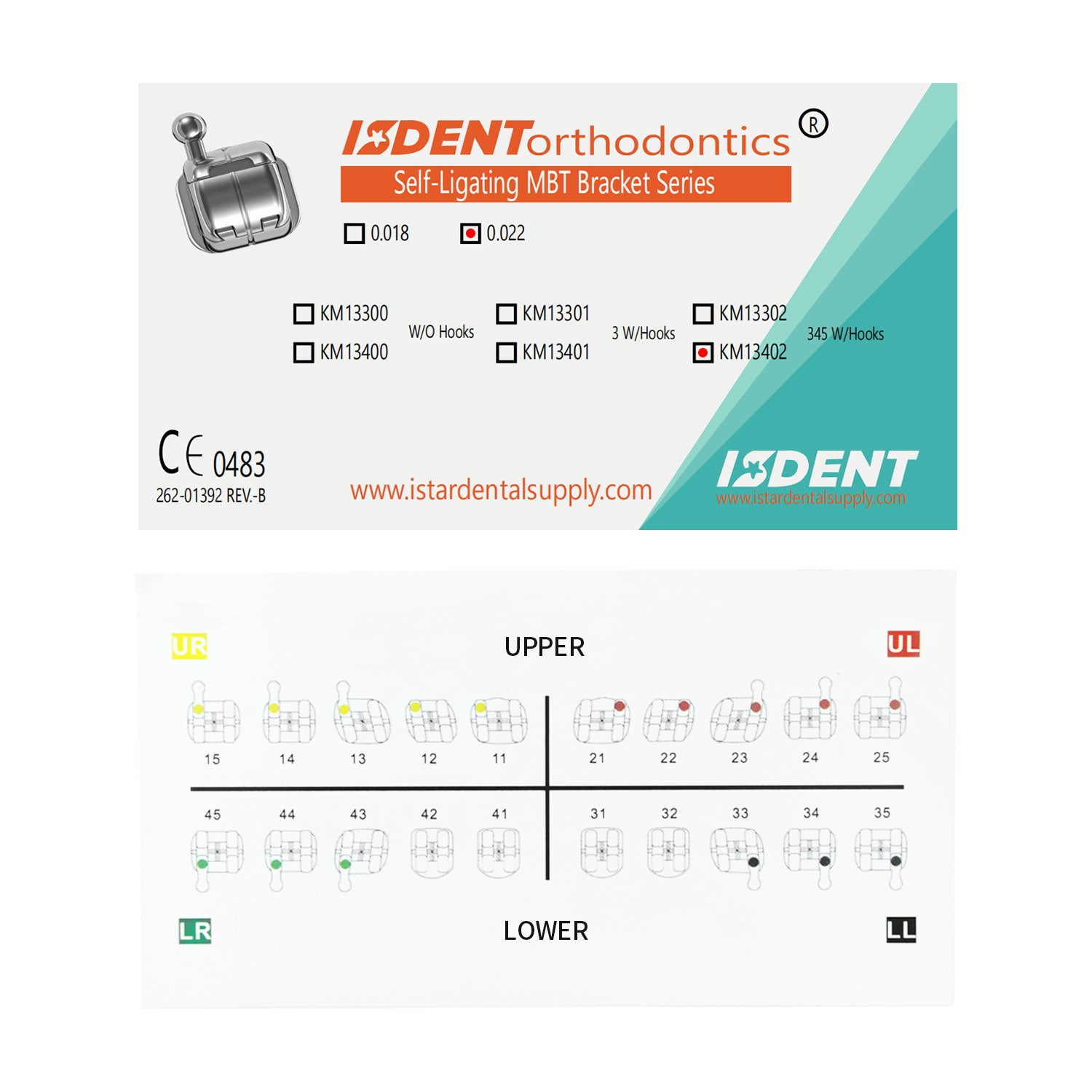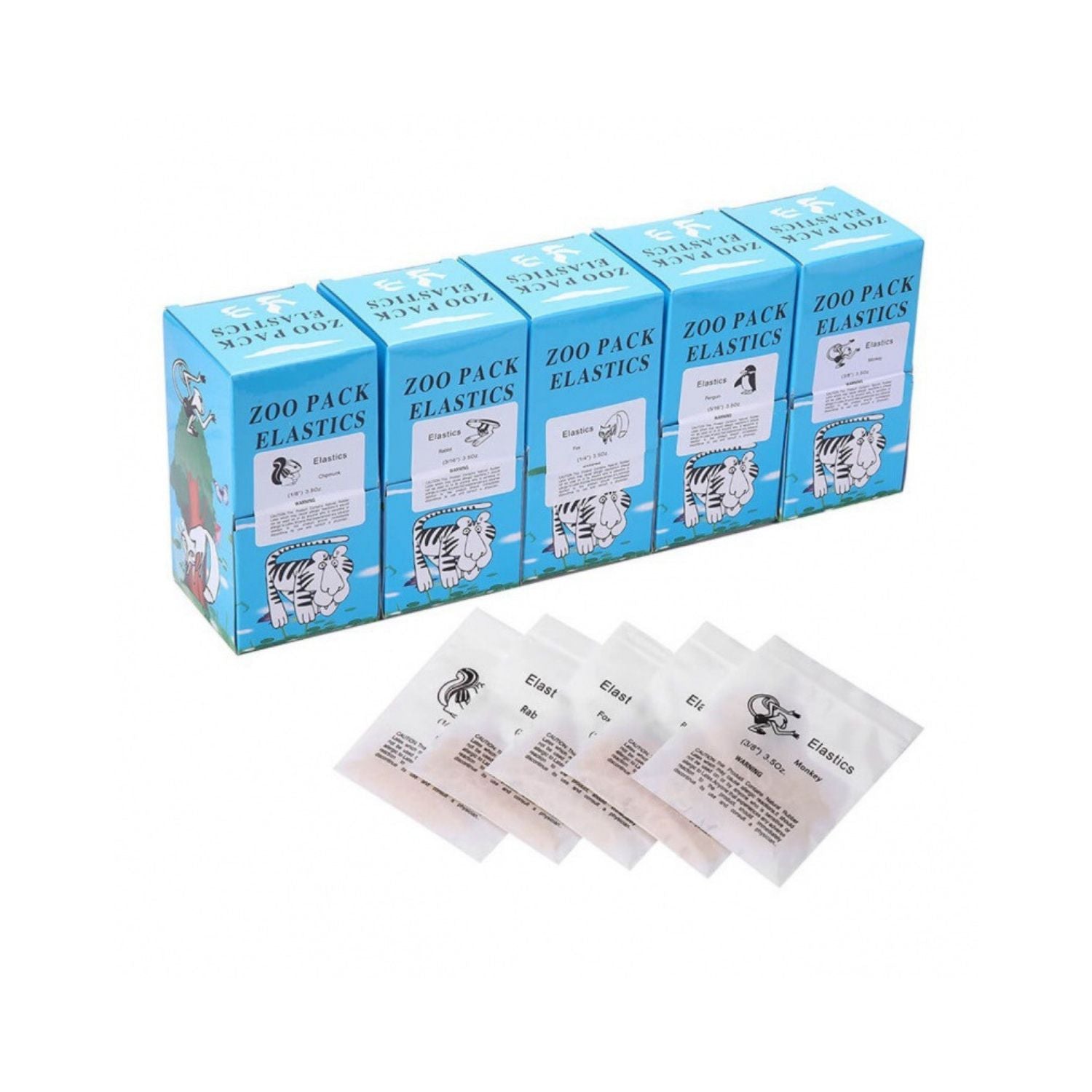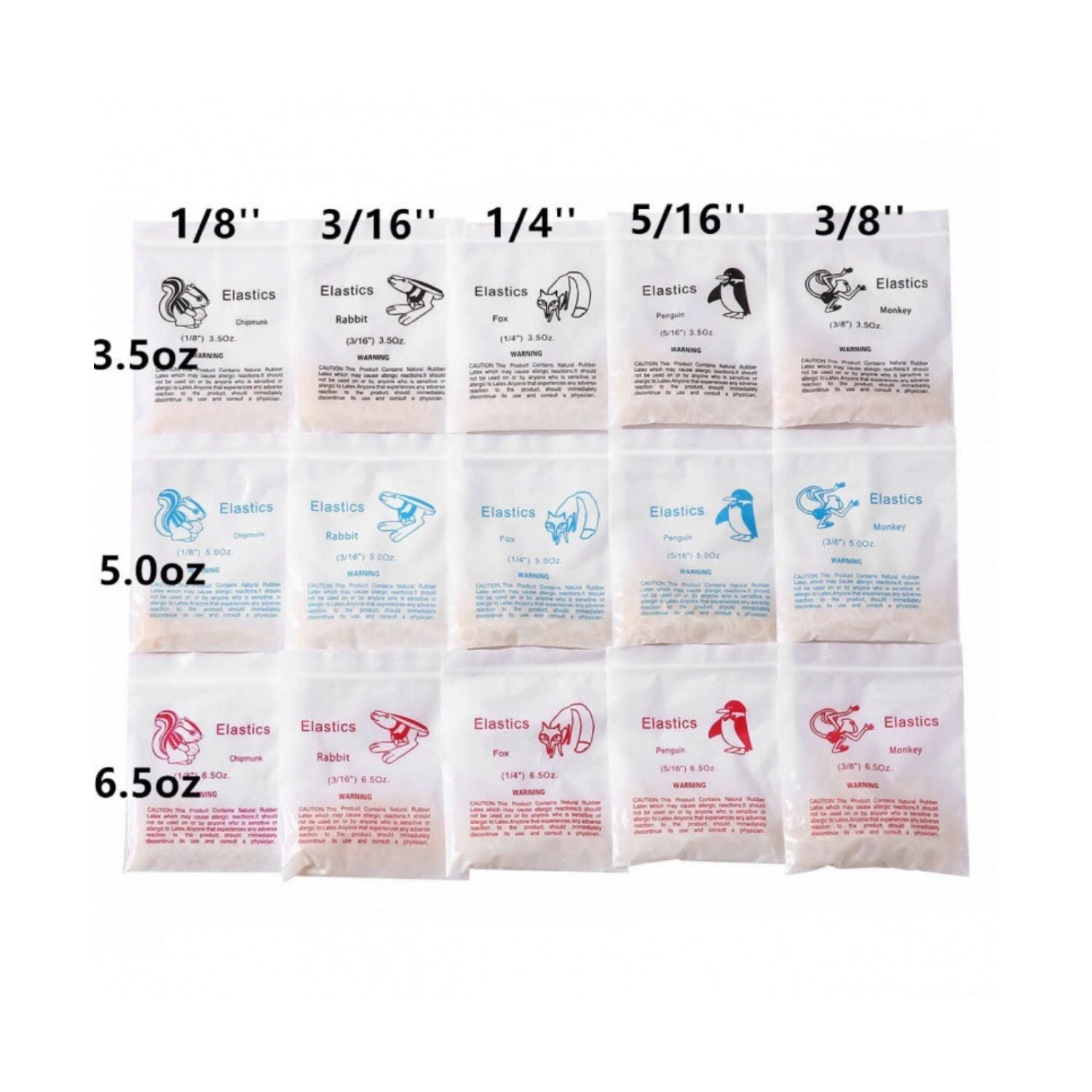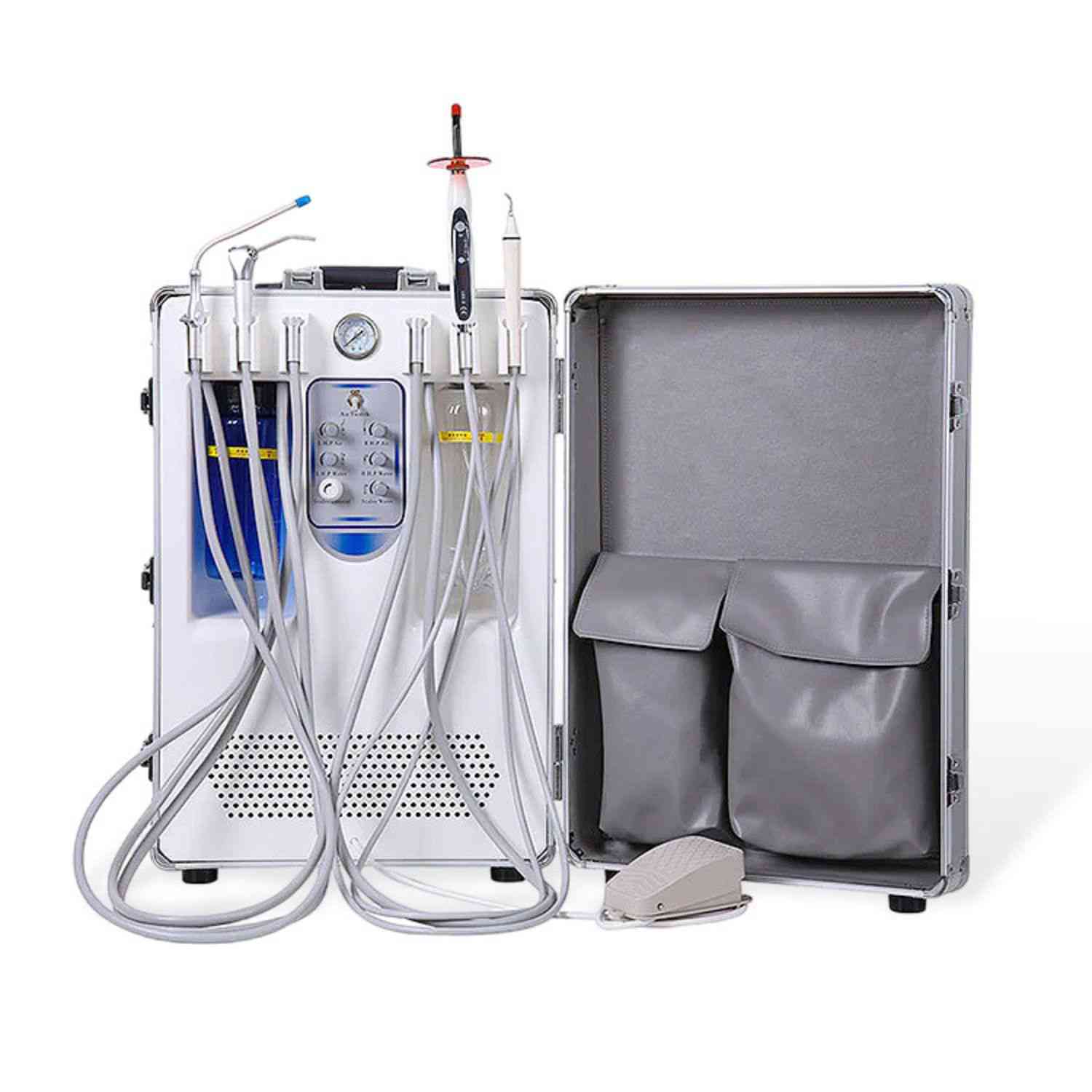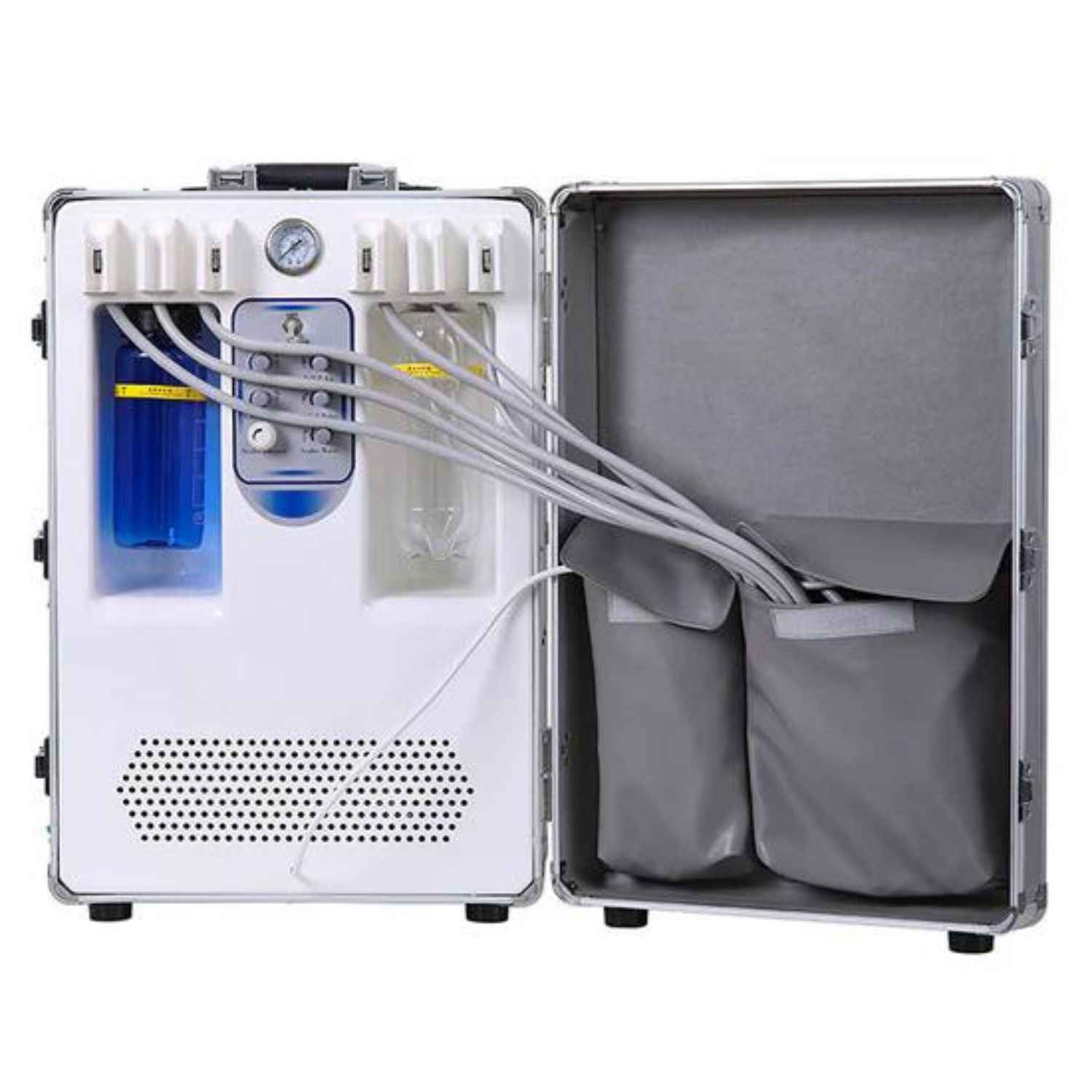What Is Endodontics? A Complete Guide to Diagnosis, Treatment, and Care
Introduction to Endodontics
Endodontics is a big word. It means fixing the inside of teeth. The word comes from Greek. "Endo" means inside. "Odont" means tooth.
Endodontics helps save your real teeth. It fixes problems with the soft part inside your tooth. This soft part is called dental pulp.
Doctors who fix the inside of teeth are very busy! They do more than 15 million root canals every year in the United States alone.
When Is Endodontic Treatment Needed?
You might need to see an endodontic doctor when:
-
Your tooth hurts a lot
-
Your tooth feels very hot or cold
-
Your gums swell up
-
You have a bump on your gum (this is called an abscess)
-
Your tooth changes color after getting hurt
These problems can happen because of:
-
Pulpitis - This means the soft part inside your tooth is red and sore. Sometimes doctors can fix it. Other times, the hurt is too bad to fix. This is called irreversible pulpitis.
-
Pulp necrosis - This means the soft part inside your tooth has died.
-
Periapical abscess - This is a sack of bad stuff at the end of your tooth root.
Key Endodontic Procedures Explained
Root Canal Therapy
Root canal therapy is the most common way to fix the inside of teeth. 95 out of 100 root canals work well when done right!
Here's what happens during a root canal:
-
The doctor takes out the sick dental pulp
-
The doctor cleans inside with special water
-
The doctor fills the space with a special material called gutta-percha
Apicoectomy
An apicoectomy is when the doctor cuts off the very end of the root that is sick. This happens when a normal root canal does not fix the problem.
Pulp Capping
Pulp capping is when the doctor puts medicine on the soft part inside your tooth to keep it alive. This happens when the soft part gets a small hurt.
Debunking Myths About Endodontics
Some people think wrong things about root canals. Here's the truth:
Myth 1: "Root canals hurt a lot."
Truth: Root canals don't hurt much now. Doctors use good medicine so you don't feel pain. Most people say it feels like getting a filling.
Myth 2: "Taking out the tooth is better."
Truth: Keeping your own teeth is best. Your own teeth help keep your jaw bone strong and healthy.
Myth 3: "Root canals make you sick."
Truth: This is not true. No real science shows that root canals make you sick.
What to Expect During and After Treatment
During the Procedure
-
The doctor will give you medicine so you don't feel pain
-
The doctor will put a small sheet of rubber around your tooth to keep it clean and dry
-
The doctor will use small dental tools to fix the inside of your tooth
Aftercare Tips
-
Don't chew on the fixed tooth until the doctor says it's OK
-
Take pain pills if your tooth is sore
-
Brush and floss like normal
Long-Term Care
You need to see your dentist for check-ups to make sure your tooth is getting better.
Advanced Endodontic Innovations
Endodontics keeps getting better! Here are some new things doctors are doing:
Regenerative Techniques
Some doctors can now help grow new pulp tissue inside your tooth. They use special cells called stem cells.
Technology
New tools help doctors see and fix teeth better:
-
Cone-beam CT: This is a special 3D picture that helps doctors see hard-to-find problems. It makes treatment 30% more accurate in hard cases.
-
Bioceramic Sealers: These are new fillings that work better to seal the inside of teeth.
-
Microscopic Endodontics: Doctors use big microscopes to see very small parts of teeth.
When to See an Endodontist vs. General Dentist
Your regular dentist can do some root canals. But sometimes you need to see a special tooth doctor called an endodontist.
Endodontists go to school for 2 or more extra years after dental school. They learn all about fixing the inside of teeth.
You might see an endodontist if:
-
Your tooth has a weird shape inside
-
Your tooth already had a root canal but still hurts
-
Your tooth got hurt badly
Data About Endodontics
Here are some interesting facts about endodontics:
|
Fact |
What It Means |
|
89% of patients feel happy after a root canal |
Most people have a good time at the endodontist |
|
15 million root canals done each year in the U.S. |
A lot of people get this treatment |
|
95% of root canals work well |
This treatment almost always helps |
|
Root canals cost 3-4 times less than implants |
Saving your real tooth saves money |
Tools Used in Endodontics
Doctors use special tools for endodontic treatment:
-
Apex Locator: Finds the end of the root
-
Endodontic Files: Clean inside the tooth
-
Gutta Percha: Fills the clean space
-
Dental Operating Microscope: Helps see tiny details
Questions People Ask About Endodontics
"Is a root canal the only option?"
No. You might get pulp capping if the hurt is small. Or you might need to take the tooth out. But saving your tooth is best when possible.
"How long does recovery take?"
Your mouth might feel sore for 1-2 weeks. Full healing takes months as the bone grows back.
"Does insurance cover endodontics?"
Most dental plans pay for some of the cost of root canals. Ask your insurance company how much they will pay.
Benefits of Endodontic Treatment
Getting a root canal has many good points:
-
Stops tooth pain
-
Saves your real tooth
-
Lets you chew well
-
Looks natural
-
Stops infection from spreading
-
Costs less than taking the tooth out and putting in a fake tooth
How to Care for Your Tooth After Endodontic Treatment
After your root canal, do these things:
-
Take medicine if the doctor says to
-
Eat soft foods for a few days
-
Don't chew on the fixed tooth until it has a final cap
-
Brush and floss every day
-
See your dentist for check-ups
What Happens If You Don't Get Endodontic Treatment
If you don't fix a tooth that needs a root canal, bad things can happen:
-
The pain gets worse
-
The infection can spread to your face or neck
-
You might need to take the tooth out
-
The infection might make you very sick
How to Find a Good Endodontist
To find a good doctor for your root canal:
-
Ask your regular dentist for names
-
Ask friends who had a good experience
-
Look for doctors with good reviews
-
Make sure they use new tools like microscopes
Conclusion
Endodontics helps save millions of teeth every year. The treatments don't hurt much and work very well.
If your tooth hurts a lot or is very sensitive to hot and cold, you might need endodontic treatment. See your dentist soon. Getting help early stops bigger problems and saves your real teeth.
Remember: Your own teeth are the best teeth you can have. Endodontic treatment helps you keep them for a long time!

